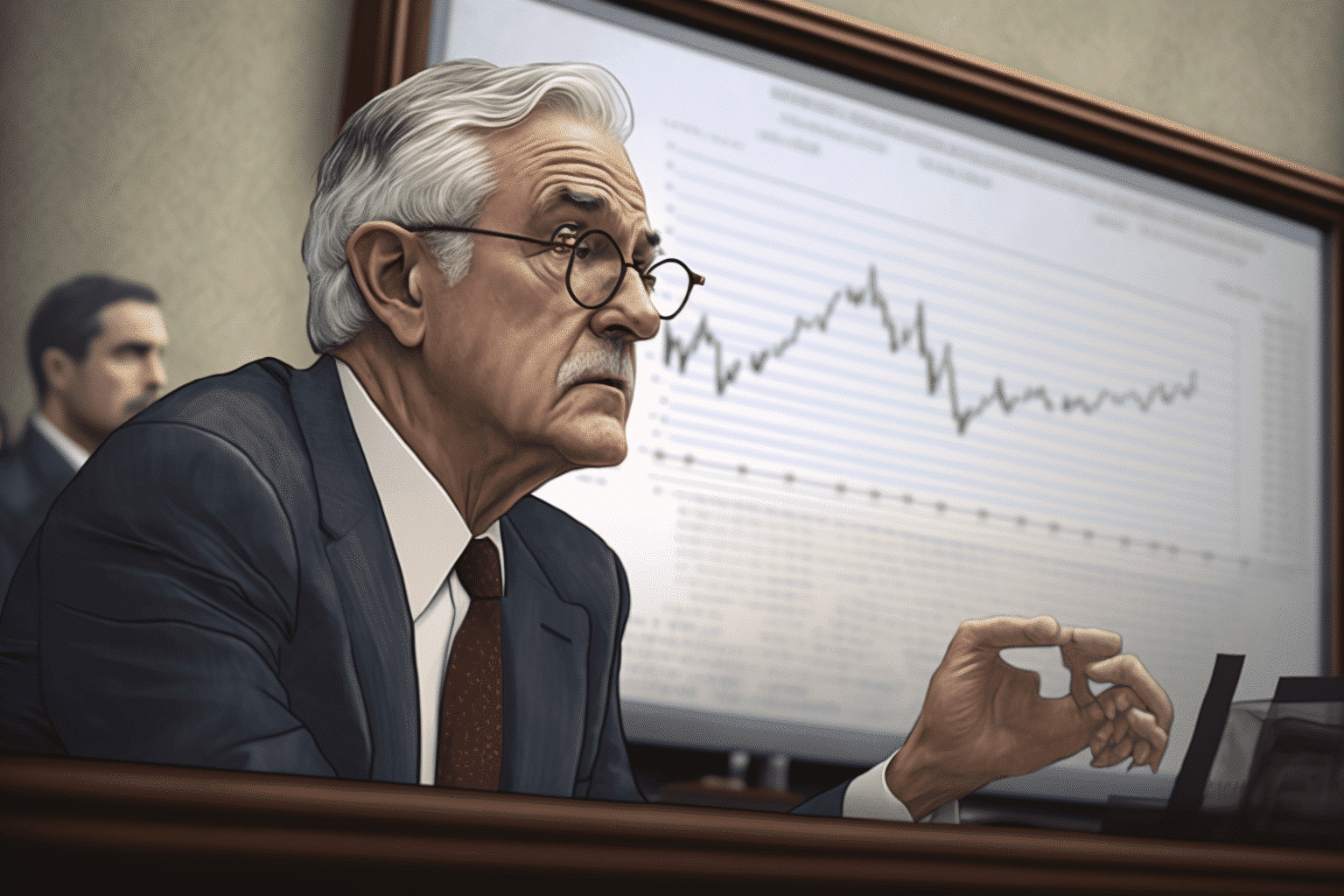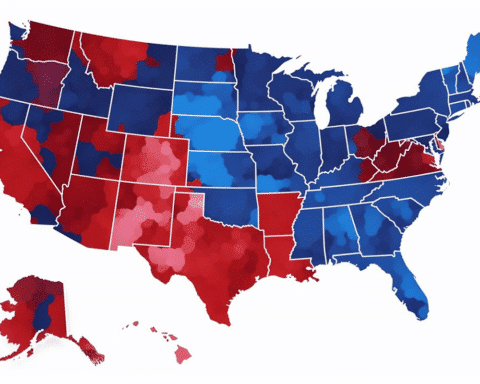As the Federal Reserve faces an increasingly ambiguous economic environment, marked by banking sector disruptions and persistent inflation, it is tasked with determining whether to continue raising interest rates or implement a pause. The central bank’s decision comes amid rising uncertainties, making forecasting growth, employment, inflation, and interest rates increasingly challenging.
Many anticipate a modest quarter-point increase in the benchmark rate to be announced on Wednesday, marking the ninth hike since March of the previous year. However, recent turmoil in the banking industry, including the collapse of Silicon Valley Bank and Signature Bank, has added unpredictability to these expectations. The near-collapse of First Republic Bank, only averted by a $30 billion cash injection, further muddies the waters.
As a result, the Fed could opt against issuing its usual quarterly projections, as it did three years ago during the onset of the COVID-19 pandemic. Suppose the central bank proceeds with a rate hike. In that case, it will face the challenge of managing inflation and financial turbulence with separate tools: higher rates to counter inflation and increased lending to banks to alleviate economic unrest.
Economists caution that the banking sector’s instability may lead to more conservative lending practices, potentially limiting business spending and consumer access to loans. This could potentially push the economy towards recession, with Wall Street traders betting on rate cuts by the Fed later in the year.
Simultaneously, other major central banks grapple with balancing high inflation and financial instability caused by the U.S. bank collapses and the hasty sale of Swiss Credit Suisse to UBS. The Bank of England is under pressure to approve a rate hike, while the European Central Bank raises its benchmark rate but adopts an open-ended stance on future increases.
Despite global banking concerns, recent data suggest a strong U.S. economy and substantial job growth, with 311,000 jobs added in February and robust consumer spending in January. The Federal Reserve Bank of Atlanta projects a healthy annual growth rate of 3.2% for the first quarter of this year.
The Fed grapples with a complex economic landscape as it decides whether to continue raising interest rates or implement a pause amid uncertainties in the banking sector and persisting inflation. As other central banks worldwide face similar challenges, recent data indicate a robust U.S. economy and job market. With the Federal Reserve Bank of Atlanta projecting healthy growth in the first quarter, the central bank must balance its decisions’ risks and potential benefits.




